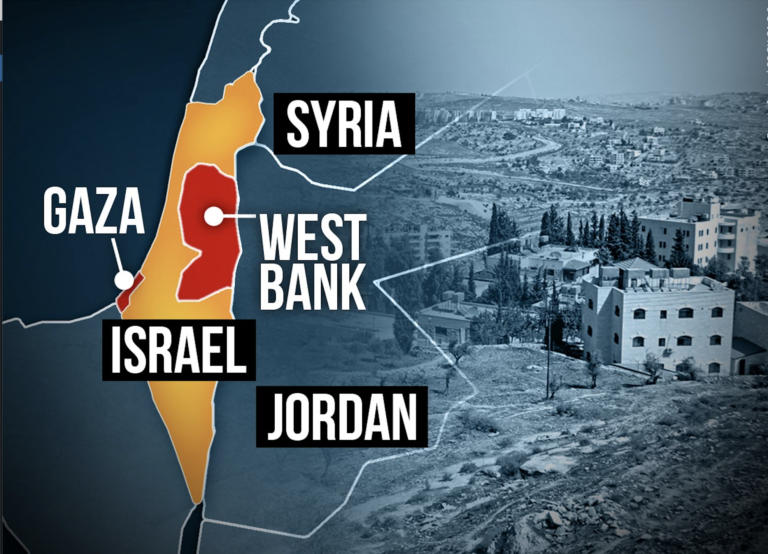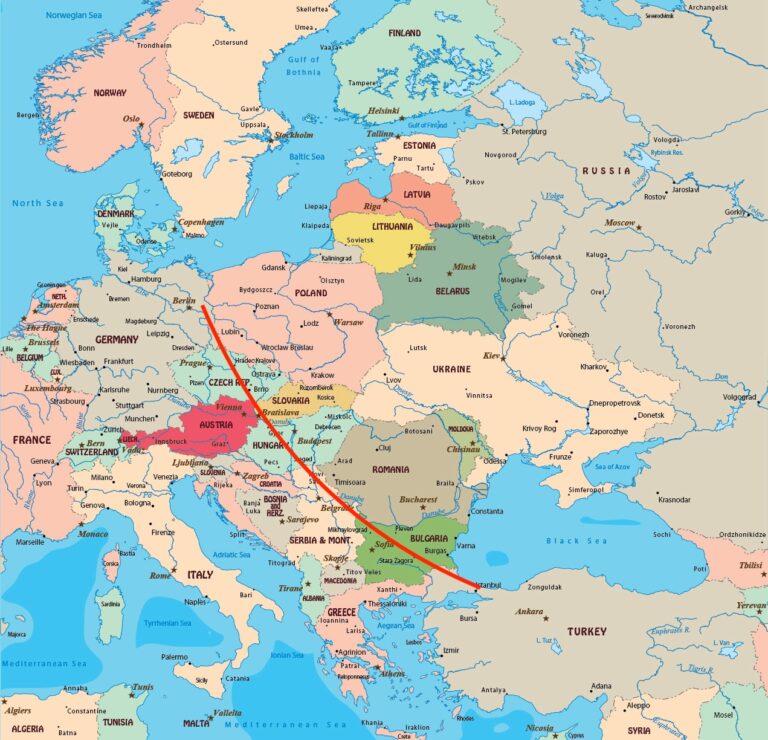By Andrea Tucci,
By attacking the West Bank, Israel has made clear that its actions against Gaza were not solely a reaction to last year’s Hamas-led resistance operation, but are part of a broader strategy to “Judaize” all of Palestine.
Since the war on Gaza began, Israel has intensified its brutal tactics in the West Bank killing over 650 Palestinians, including over 150 children.
The occupation forces have conducted more than 10.300 operations, accompanied by an increase in settlement activity and the distribution of tens of thousands of weapons to settler gangs, further escalating attacks on Palestinian communities cautioning not considering that such extremism could further damage Tel Aviv’s international standing and regional alliances.
Israel’s ongoing campaign in the West Bank continues to employ familiar tactics: assassinations destruction (especially in Jenin and Tulkarem), imprisonment, intimidation, land confiscation, and the demolition of homes and infrastructure. These repressive conditions have created the conditions for the Palestinians in the West Bank to develop an incredible capacity for resistance .
The occupation of West Bank reveals that its strategy is not just a reaction to isolated events but a broader campaign to dismantle Palestinian society and resistance and deny their right to self-determination and autonomy. It is part of a larger effort to target Palestinians wherever they are and break their morale. The tactics employed in Gaza, destruction, devastation, and death, are being replicated, in the West Bank, despite the failure in Gaza and the resistance it has fomented.
The West Bank has witnessed of wave of violence in cities like Jenin, Tulkarem, Tubas, Nablus, Ramallah, and Hebron, and as a response the return of Palestinian martyrdom operations and car bombs.
The situation in 2024 is not the same as in 2002; Israel is already engaged on different fronts as it climbs the escalation ladder. If the West Bank is subjected to a ‘Gaza 2.0’ scenario, with systematic destruction, coordinated attacks, and massive displacement, the fragile Palestinian Authority (PA) under Abbas could collapse, burying the Oslo Accords and further eroding any prospects for the so-called two-state solution.
Abbas faces unprecedented challenges. He is besieged by anger from Palestinians in the West Bank, who are frustrated by the ongoing suffering of their brethren in Gaza, by the financial stranglehold imposed by Israel, and by the relentless expansion of settlements.
The war in the West Bank is not limited to the Palestinian territories.
In Jordan, King Abdullah II faces growing challenges as the Israeli invasion of the West Bank threatens to destabilize his kingdom. Amman, is caught in a web of conflicting pressures unable to sever ties with Israel or fully align with Palestinian resistance, and potentially facing a refugee crisis if Palestinians were displaced en masse from the West Bank.
Other Arab nations that have signed peace treaties or normalized ties with Israel i.e., Egypt, UAE, Morocco, Bahrain can find themselves in a similar position as Amman if the Israeli onslaught in the West Bank continues, as Tel Aviv’s actions are a direct affront to the 2002 Arab Peace Initiative, ratified by the Arab League as recently as 2017.
This initiative, which Saudi Arabia has placed at the heart of a long-sought Israel normalization deal, calls for a full withdrawal of the Israeli army from the occupied territories (including the West Bank, Gaza, the Golan Heights, and Lebanon), a “just settlement” of the Palestinian refugee crisis based on UN Resolution 194, and the establishment of a Palestinian state with East Jerusalem as its capital. Instead, the number of Jewish settlers in the West Bank has skyrocketed from roughly 70,000 in 2002 to 800,000 in 2024, leaving no room for the ‘Palestinian state.
What Netanyahu is doing shows his true desire to bury the idea of a promised Palestinian state, as is demonstrated through Israel’s actions in both the West Bank and the Gaza Strip.
Netanyahu’s pursuit of power through forceful means risks provoking a regional earthquake akin igniting new waves of resistance not just in the West Bank but across West Asia for sure a dangerous escalation that could reshape the geopolitical order of the whole region.



